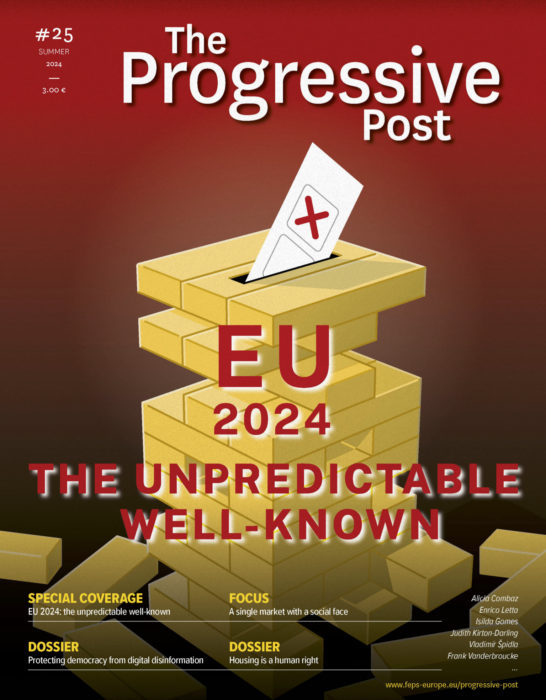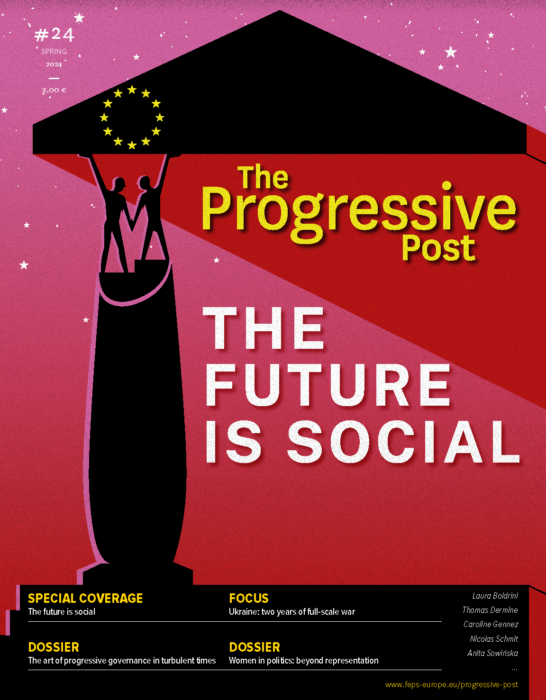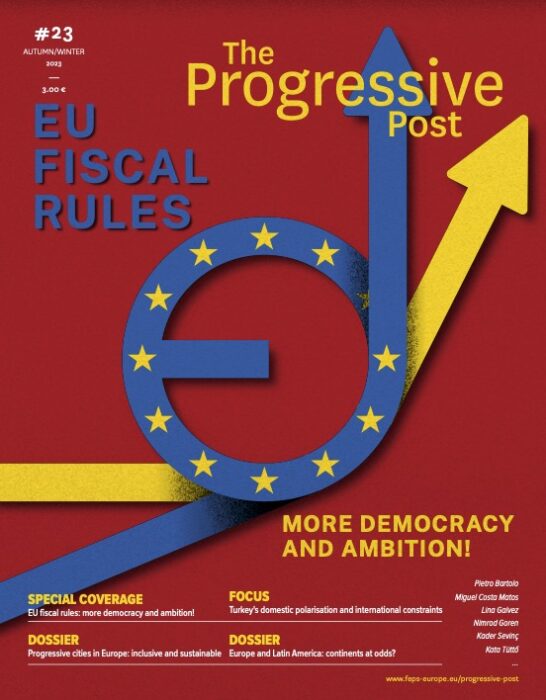Key partners:
Friedrich Ebert Stiftung (Brussels and Budapest Offices)
Fondatione Pietro Nenni
Fondation Jean Jaurès
Policy Solutions
The refugee and migration crisis of the last couple of years has exposed the fact that migration remains a very sensitive issue for European public opinions – which show an increasingly shrinking willingness to offer protection to refugees and even less to welcome so-called economic migrants – as well as for the European political parties, even more so for the progressive parties, torn between the need to uphold their values of solidarity and respect for human rights and their propensity to please the electorate to gain political consensus and win elections.
The political implications of the refugee crisis have been so wide that even the endurance of the European project has been jeopardised by the deepening of cleavages among Member States, whose mutual solidarity has dramatically strained. Within most EU member states, populist and extremist parties have gained momentum riding on and feeding the climate of fear and insecurity generated by years of economic, political and social crises.
Against this background and in the context of the upcoming European elections, the Foundation for European Progressive Studies in cooperation with the Friedrich Ebert Stiftung, Fondazione Pietro Nenni, Fondation Jean Jaurès and Policy Solutions has launched a project aimed at understanding the dynamics that concur to shape the European citizens’ opinions on migration, how and to what extent these opinions impact on political parties’ and governments’ decision-making process in seven EU Member States, namely Austria, France, Germany, Hungary, Italy, Sweden, United Kingdom. Final goal of the project is the formulation of progressive recommendations for Euroepan Socialist and Social-Democratic political parties.
Budapest, 7 May 2018 Kick-off meeting
Rome, 13 July 2018 Workshop














